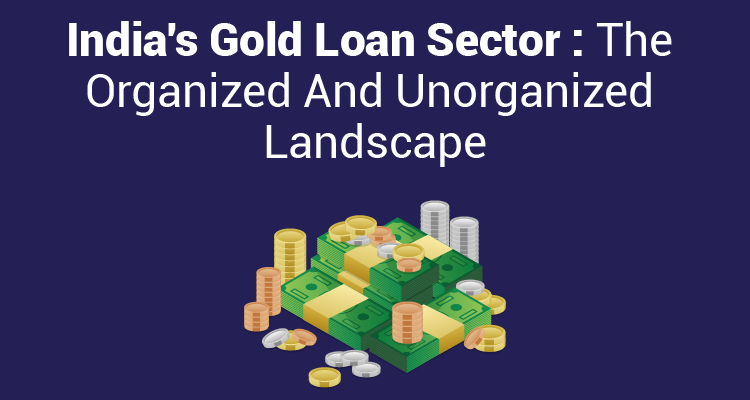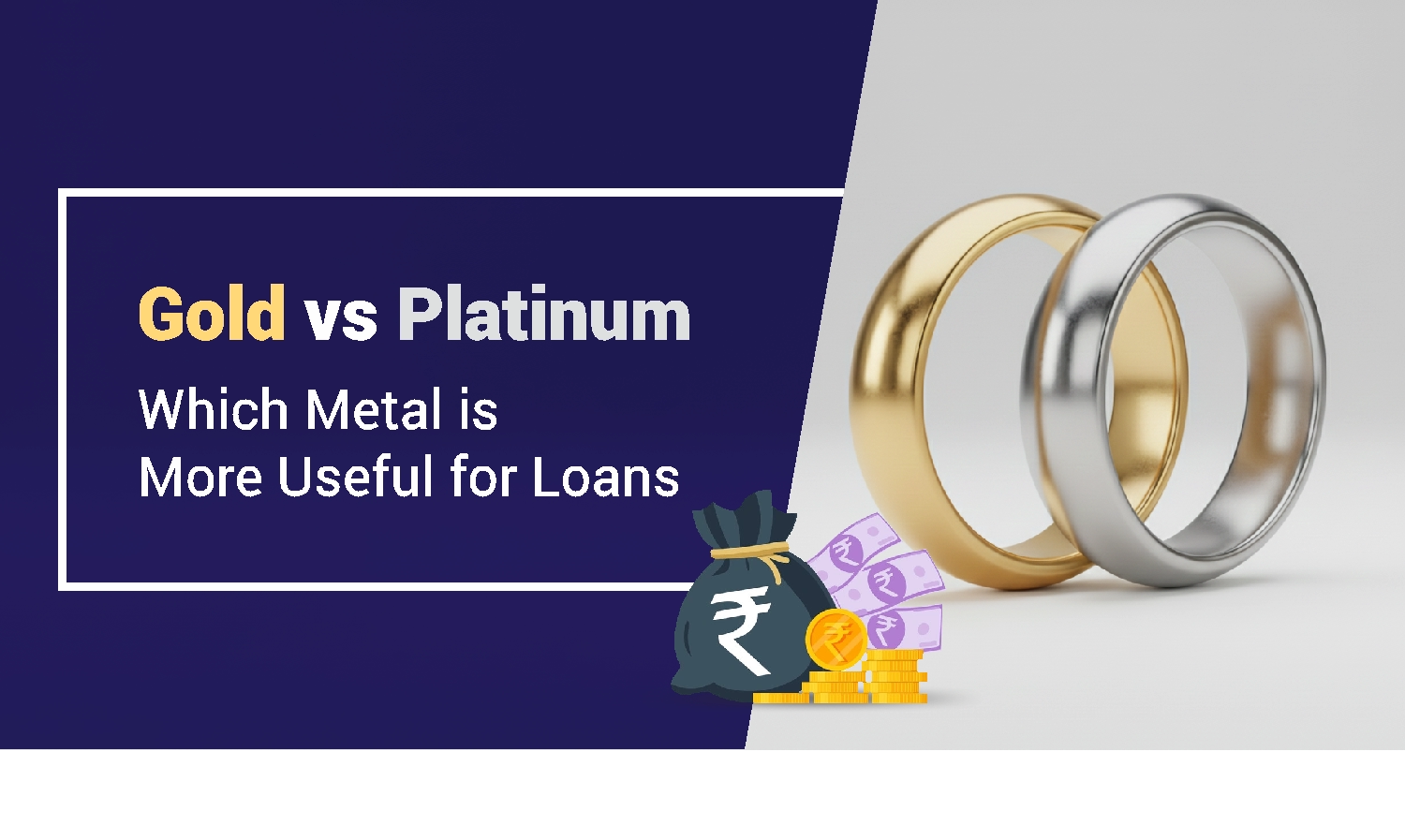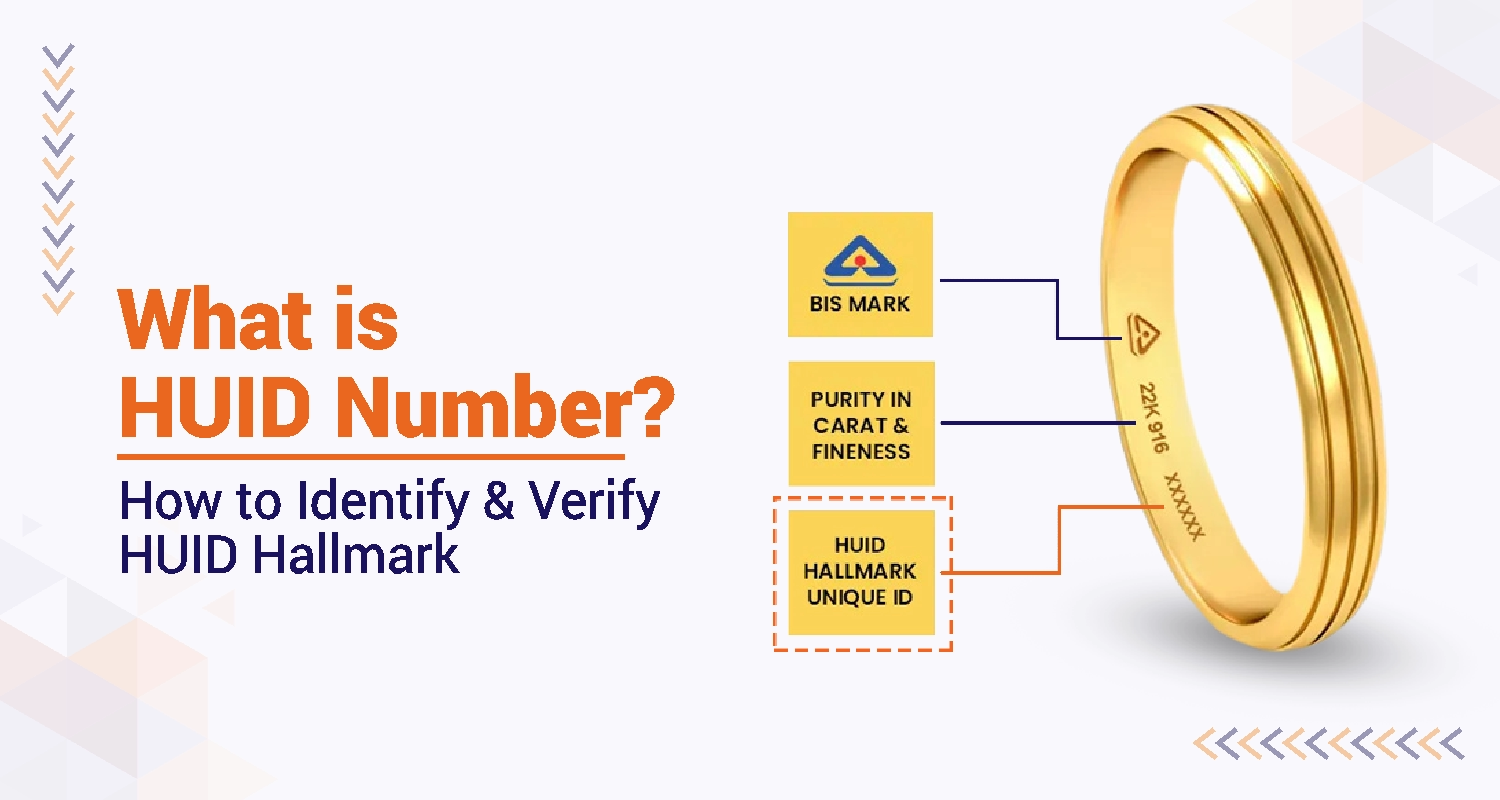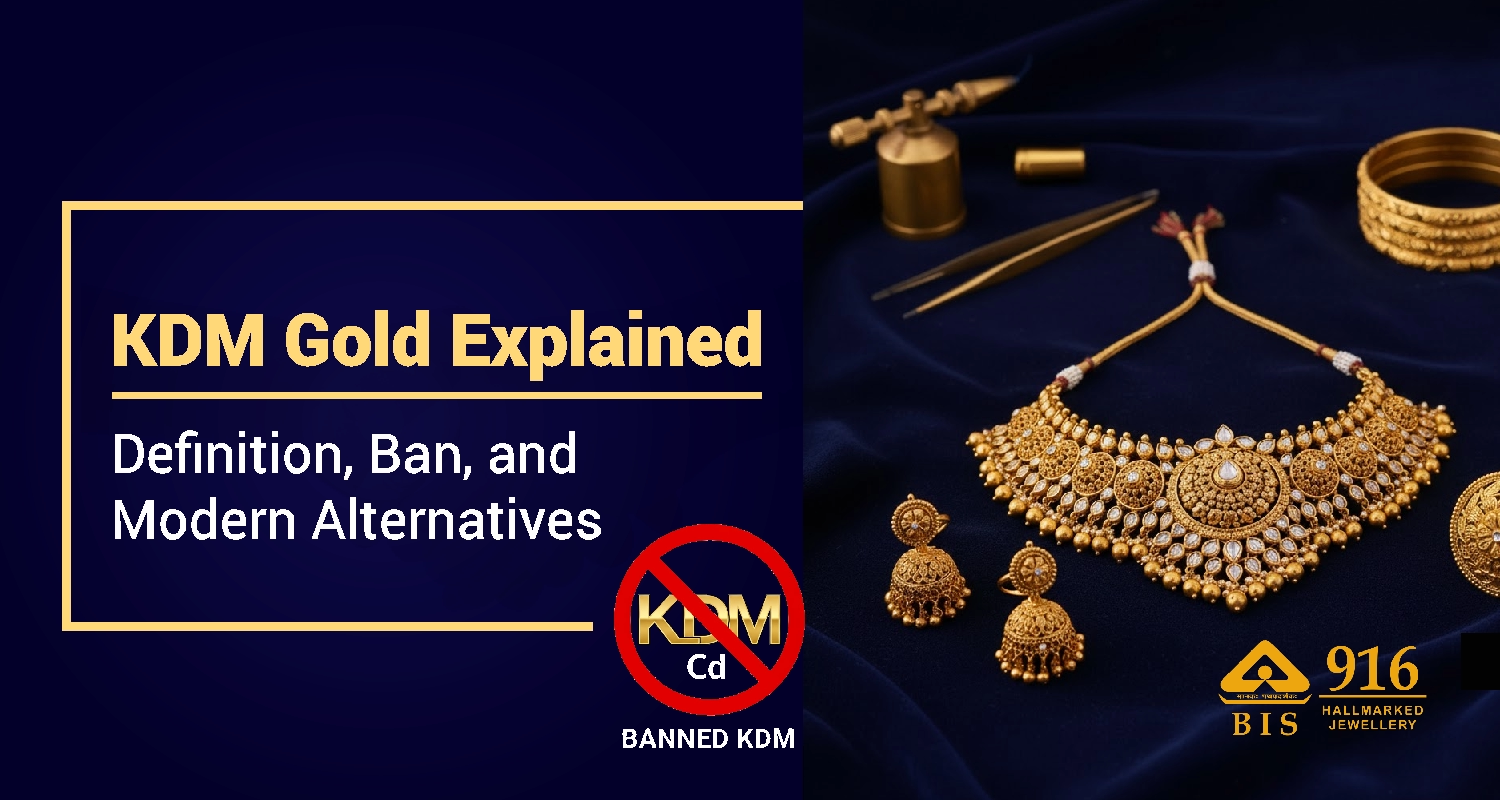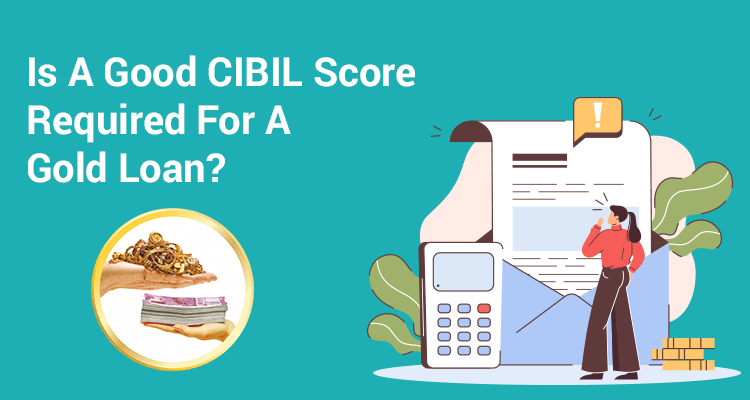India's Gold Loan Sector: The Organized and Unorganized Landscape
Table of Contents
Gold, an enduring symbol of wealth and prosperity, holds a special place in the hearts and pockets of Indians. The metal has been cherished for its aesthetic value and an important and safe investment option for centuries. In India, gold often transcends mere ornamentation, representing financial security and cultural tradition. Given its high value and presence in almost every household, gold often comes to the rescue during financial emergencies. This unique relationship has spurred the growth of a robust gold loan sector comprising both organized and unorganized players.
Technology integration in recent years has substantially impacted the expansion of gold loan in India, witnessing a remarkable 102% surge in loan disbursements from 2019 to 2020. The initial quarter of 2022 observed a more than twofold increase in the adoption of gold loans, escalating from Rs 608 crores to Rs 1,333 crores, owing to heightened awareness and the ongoing digital transformation that various sectors are undergoing.
The Organized Sector: Modernizing Tradition
India's organized gold loan sector has undergone a significant transformation in recent years. Traditional pawnbrokers have given way to professional lending institutions that offer a more transparent and efficient borrowing process. Leading financial institutions, including banks, Nidhi companies, and non-banking financial companies (NBFCs), have tapped into the gold-backed lending market, providing borrowers with a formal and structured credit solution.
These organized lenders have embraced technology to streamline operations and enhance customer experience. Automated valuation methods, using techniques such as X-ray fluorescence (XRF), ensure an accurate assessment of the gold's purity and value. This enables borrowers to access loans quickly and efficiently, often within a matter of hours. Additionally, online platforms have simplified the application and approval process, reducing the need for extensive paperwork and visits to physical branches.
The interest rates offered by organized lenders are typically competitive, reflecting the credibility and professionalism they bring to the table. Moreover, borrowers can choose between flexible repayment options, including interest-only payments and bullet payments at the end of the tenure.
The Unorganized Sector: Navigating Challenges
Despite the growth of the organized sector, the unorganized gold loan market continues to thrive, especially in rural and semi-urban areas. Local pawnbrokers and moneylenders play a significant role in providing short-term credit to individuals who may not have access to formal financial institutions. However, this sector often lacks transparency and regulatory oversight, exposing borrowers to potential exploitation and usurious interest rates.
One of the challenges of the unorganized sector is the lack of standardized valuation methods. Pawnbrokers often rely on visual inspection, which can lead to discrepancies in assessing the gold's value. Moreover, interest rates in the unorganized sector tend to be higher, and borrowers may find themselves trapped in cycles of debt due to the absence of clear repayment structures.
Regulation and Modernization Efforts
Recognizing the need to bring uniformity and transparency to the gold loan sector, regulatory authorities have taken steps to regulate both organized and unorganized players. The Reserve Bank of India (RBI) has issued guidelines that lenders, including NBFCs, must adhere to while offering gold loan. These guidelines pertain to loan-to-value ratios, customer protection, and fair practices.
Efforts are also underway to create a more formalized framework for pawnbrokers and local moneylenders. Various states have introduced legislation to regulate and license these entities to protect borrowers and eliminate unethical practices. These steps not only enhance consumer confidence but also contribute to the broader financial inclusion agenda of the country.
Unlocking The Potential
India's gold loan sector, both organized and unorganized, presents a paradoxical narrative. On one hand, the sector reflects the deeply ingrained cultural affinity for gold and the need for accessible credit. On the other hand, it highlights the urgent need for modernization, transparency, and regulatory oversight.
The structured gold loan sector holds the promise to drive India's social change, especially considering the inadequate banking accessibility faced by significant segments of the rural impoverished population. As it continues to innovate and cater to evolving customer needs, the unorganized sector must undergo a transformation to align with ethical lending practices. With the unorganized sector contributing 75 percent of the gold loan market, a substantial shift in regulatory strategy is crucial. This change should transition from one characterized by tolerance amid numerous obstacles to a proactive approach of facilitation and active encouragement. Collaboration between government bodies, financial institutions, and technology experts can play a pivotal role in shaping the future of the gold loan landscape.
Disclaimer : The information in this blog is for general purposes only and may change without notice. It does not constitute legal, tax, or financial advice. Readers should seek professional guidance and make decisions at their own discretion. IIFL Finance is not liable for any reliance on this content. Read more
